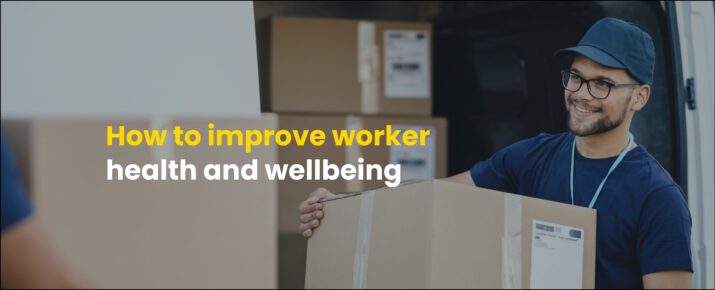Collaborate or perish: How crowdsourcing is changing everything for the better
Industry Trends | By | 13 Nov 2014 | 3 minute read

- Collaborative power leads to fast growth and spread of knowledge
- The world’s largest collection of safety inspections is in your pocket
- iAuditor now has 45,000 templates in the Public Library
Collaboration and the history of Wikipedia
Wikipedia was never meant to be open source. The online user-generated encyclopedia juggernaut started out with the same intention, create a free online encyclopedia. However with the difference being, have it written entirely by academics, with a peer review process. This version had one major flaw: a significant lack of speed. After six months just two articles made it through the process.
Something needed to change, and it needed to change fast. This is where the model evolved. This time around, anyone could contribute to the information without editorial review. And so production skyrocketed. There were many problems that needed to be overcome in the initial stages, which were addressed by implementing a strict set of rules, monitored by an army of volunteer editors.
And while Wikipedia remains much maligned in terms of question marks over accuracy, it is undeniable in its success.
The power of collaboration has completely altered the organisation’s path, transforming it into one of the largest websites on the internet.
[Tweet “The power of collaboration has transformed Wikipedia into one of the largest sites on the net.”]
Taking the Wikipedia mould, it has always been in our business plan from the start to have user collaboration form a large part of what we do. It has become evident, with over 45,000 templates in the iAuditor Public Library at the time of publication (and counting), that it has been a success.
It is easier to monitor than Wikipedia too as, rather than claiming to be an accurate online source of information, we simply have a database of templates that people can sift through, searching for one relevant to their business or personal use.
Having crowdsourced communities contributing to an online database has created something more powerful than we could have ever imagined. Spreading that unique knowledge that people have gained over years of experience is a much larger benefit than letting that knowledge waste away.
Information silos are fine as long as you’re in them
Over time, an organisation may gain some knowledge, be it a discovery of a more efficient way of doing something, a new business process, or whatever. This information can be incredibly useful to be shared globally within their industry, but it is very rarely the case that this happens. The information often gets trapped within the organisation, creating what is known as an information silo.
Quite often there may be a managerial decision to keep that information confidential to try and maintain a competitive edge. Sure, someone may leave the company and bring their knowledge to a new organisation, but the spread of that information is often slow. Which is why we here at SafetyCulture encourage the spread of information and for people to “break down” traditional business silos.
Part of the reason for breaking down traditional business silos is to reduce duplication of effort. The hope is that by taking several people who would be working on competing projects and focusing them on collaborating together, you can ultimately get a better output that incorporates the best of all people involved.
Collaboration results in an educated workforce. Which, when discussing safety in particular, can help eliminate unnecessary incidents. The power of this spread of knowledge can not be understated, and it is our hope that the breaking down of information silos and expansion of information can continue, to create a better, safer world.
[Tweet “Collaboration results in an educated workforce. Which can help eliminate unnecessary incidents.”]
—
Author: Jarrod Boyd
Important Notice
The information contained in this article is general in nature and you should consider whether the information is appropriate to your specific needs. Legal and other matters referred to in this article are based on our interpretation of laws existing at the time and should not be relied on in place of professional advice. We are not responsible for the content of any site owned by a third party that may be linked to this article. SafetyCulture disclaims all liability (except for any liability which by law cannot be excluded) for any error, inaccuracy, or omission from the information contained in this article, any site linked to this article, and any loss or damage suffered by any person directly or indirectly through relying on this information.





